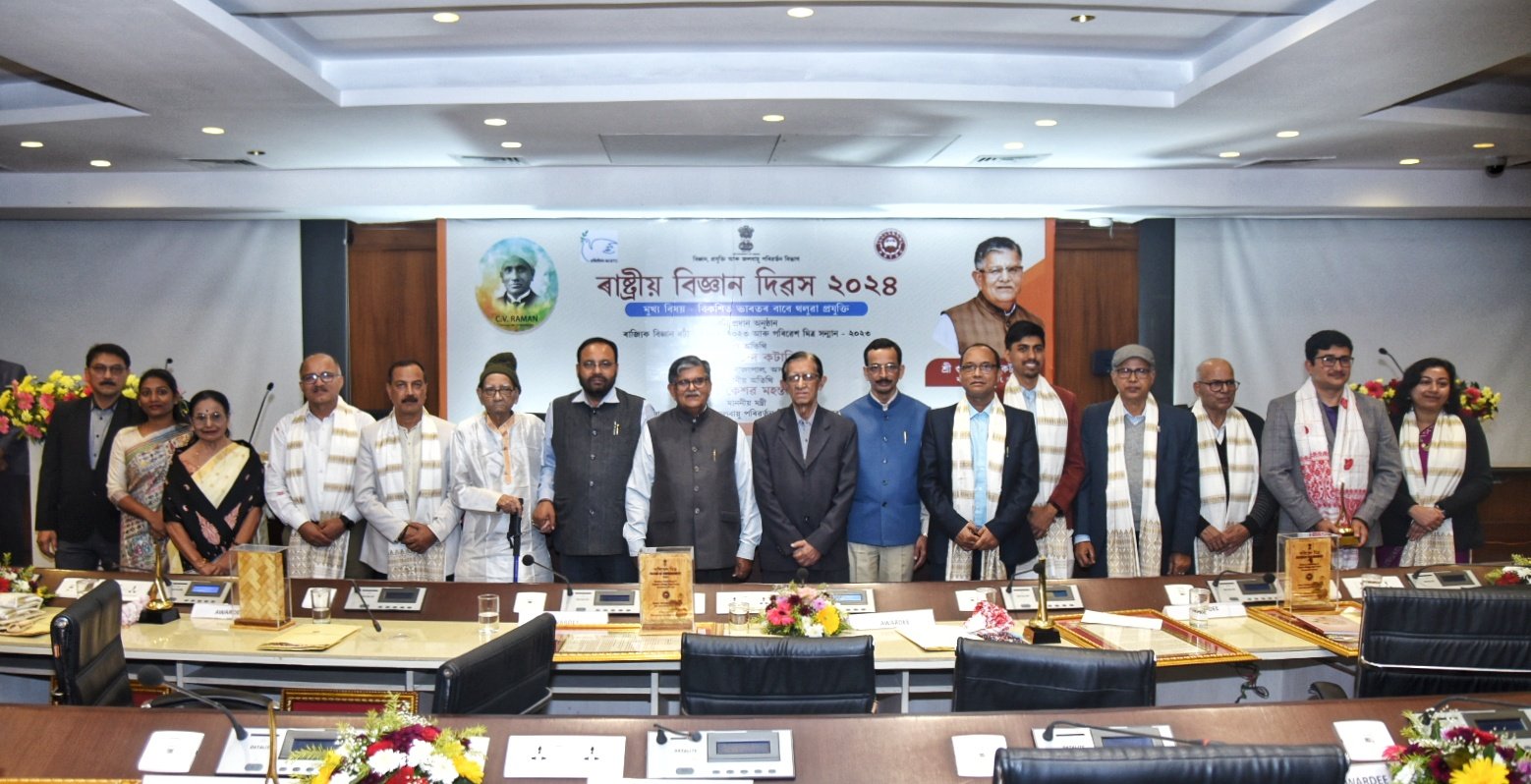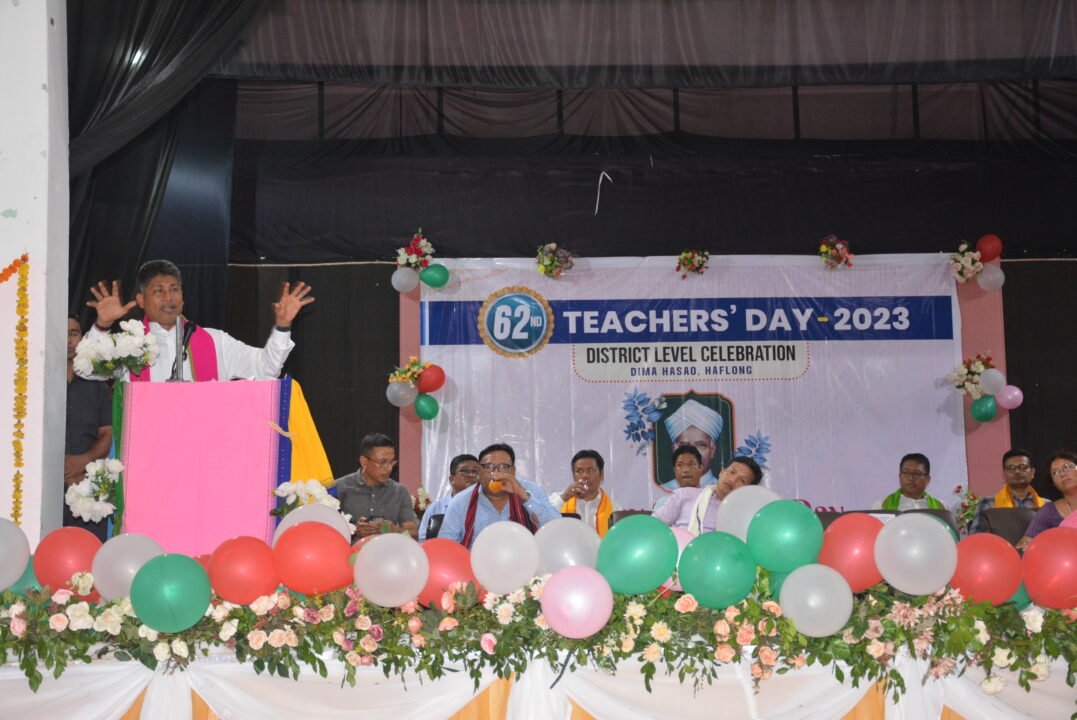HT Bureau
GUWAHATI, Nov 12: The three-day ICPR (Indian Council of Philosophical Research) sponsored National Seminar on ‘Philosophy, Science, and Ethics: Indian and Western Perspectives’ commenced with a grand inaugural session at the City Campus of the University on Tuesday, at 10:30 am. The seminar opened with an inaugural speech by Prof Nripendra Narayan Sarma, who highlighted the contributions of KKHSOU as an Open University in shaping the educational landscape of the region, standing alongside conventional universities. He also paid tribute to the legacy of the distinguished Indologist and scholar, Prof KK Handiqui, after whom the university is named.
Following this, Dr Bhaskar Bhattacharyya, the convenor of the national seminar, provided an insightful overview of the seminar’s theme, emphasising its significance in contemporary discourse. Prof Soumendra Patnaik, former vice-chancellor of Utkal University and guest of honour, spoke on the foundational gaps in Western philosophy and emphasised the relevance of Indian systems of knowledge. He advocated for a synthesis of Western and Eastern philosophies, highlighting the unique contributions of Indian philosophy in this integration.
The keynote address was delivered by Prof RC Pradhan (retd) from the University of Hyderabad. Prof Pradhan captivated the audience by posing three pivotal questions of our times: “Is Science enough? Is Ethics possible? And, Is Philosophy equipped to address moral and ethical crises?” He urged the attendees to reflect deeply on these inquiries as a pathway to meaningful answers.
Prof Nani Gopal Mahanta, vice-chancellor of Gauhati University and the chief guest, emphasised the importance of intuition in knowledge production and stressed the need to conduct empirical research within an ethical framework. Drawing upon the teachings of the revered Vaishnavite Saint Sankardeva, he highlighted the saint’s vision of divine omnipresence in the spiritual realm—a perspective he noted is often overlooked in Western philosophy.
The inaugural session concluded with a presidential address by Prof Rajendra Prasad Das, vice-chancellor of KKHSOU. Prof Das extended a warm welcome to the distinguished guests and all attendees, commending the convenor, chairperson, and the entire team for organising a seminar of profound contemporary relevance. He highlighted the importance of the seminar’s theme in today’s times and praised the efforts of those involved in bringing it to fruition. The session concluded with a vote of thanks delivered by Prof Pranjit Bora, the registrar (i/c) of the University.
The event drew a significant gathering of eminent scholars, intellectuals, faculty members, research scholars, and students from across the country, enriching the seminar’s vibrant atmosphere and fostering meaningful exchanges.












